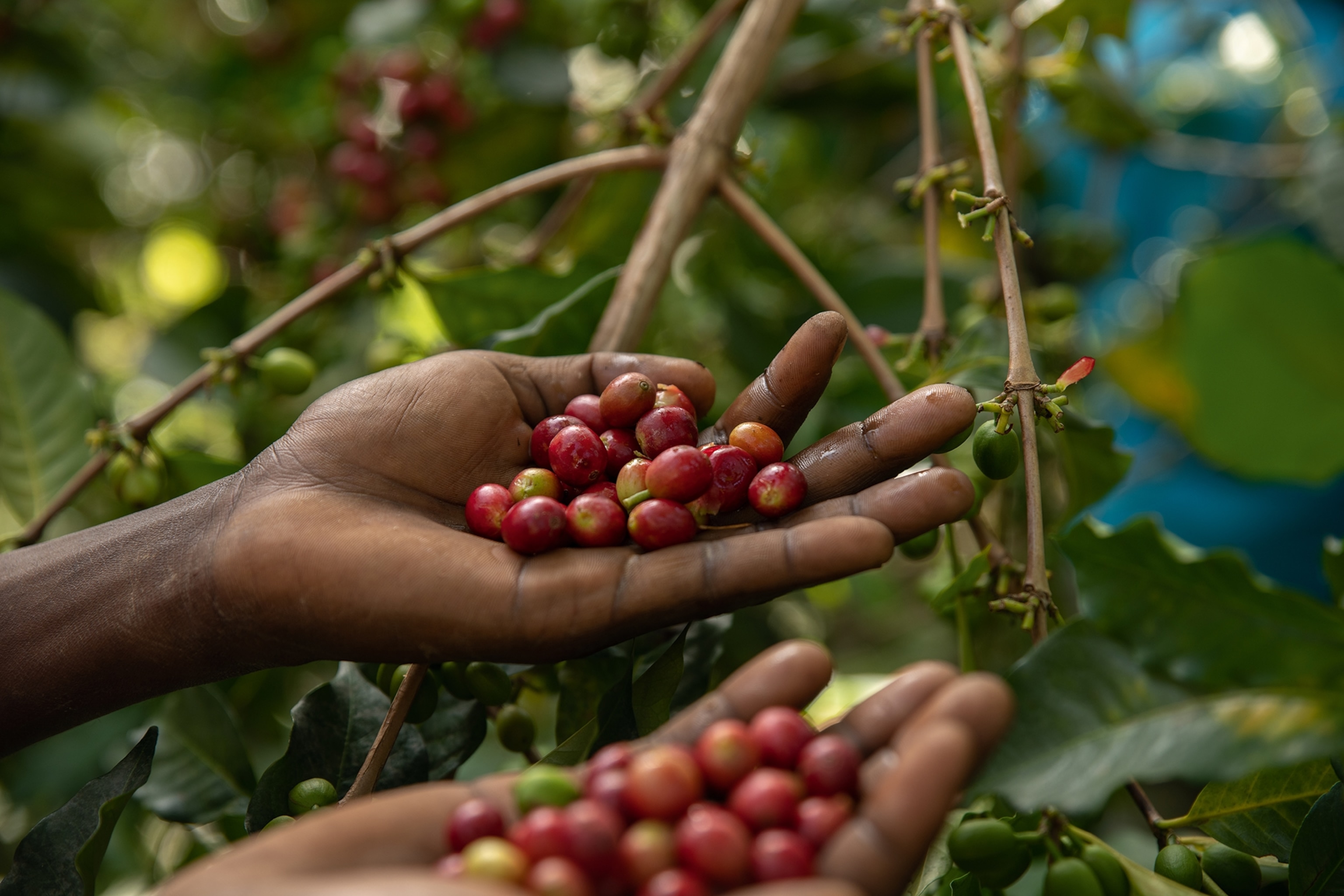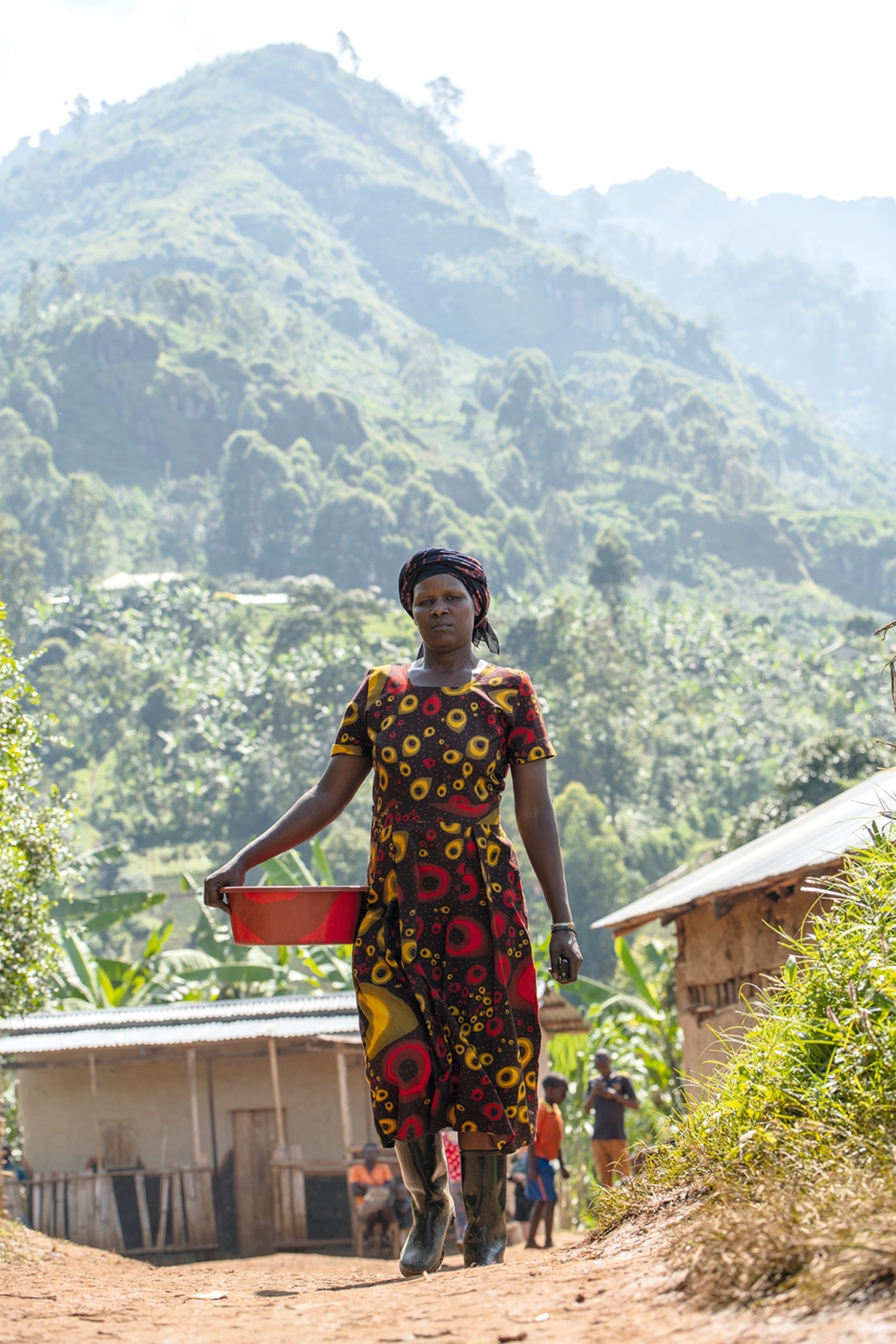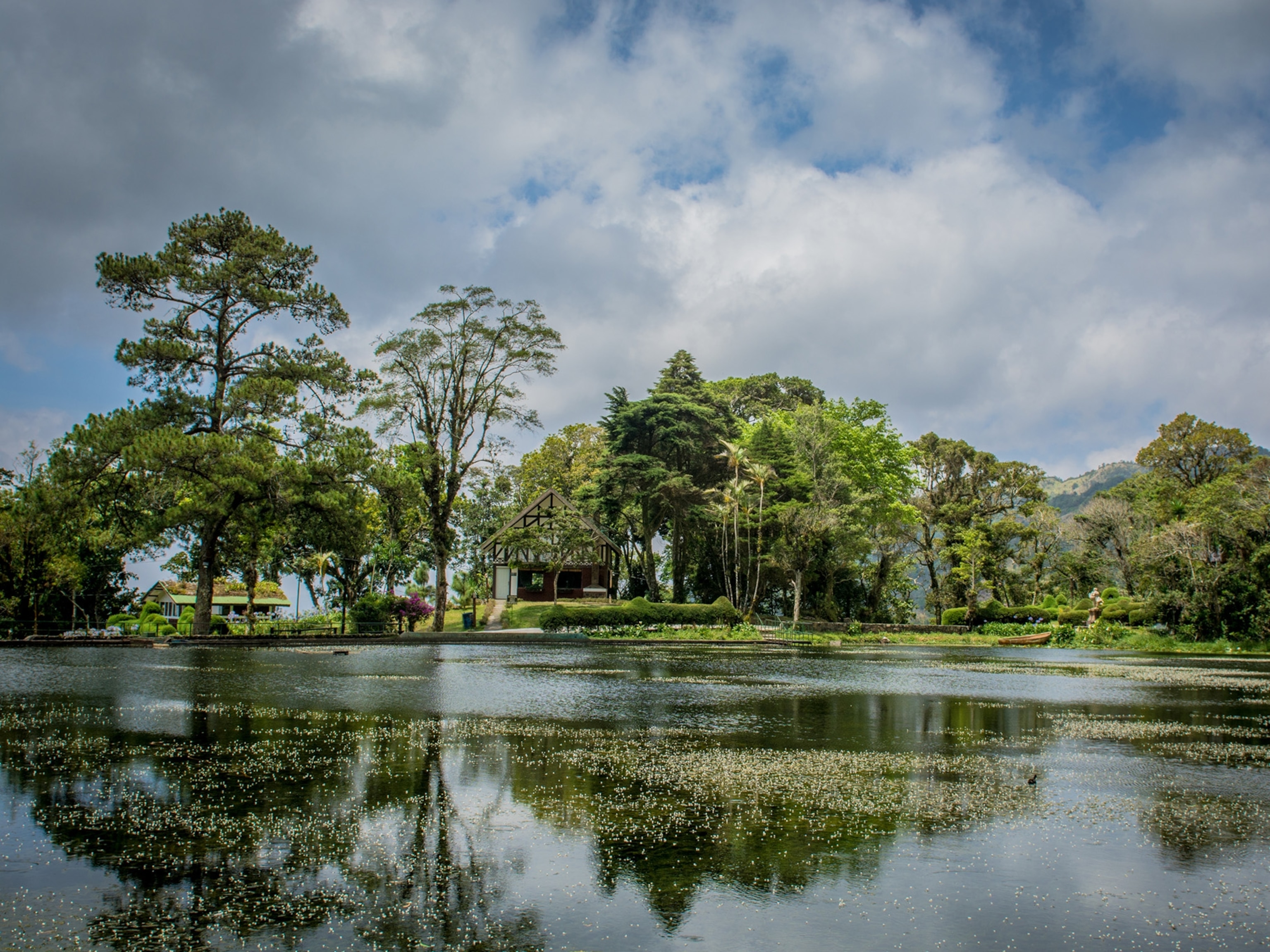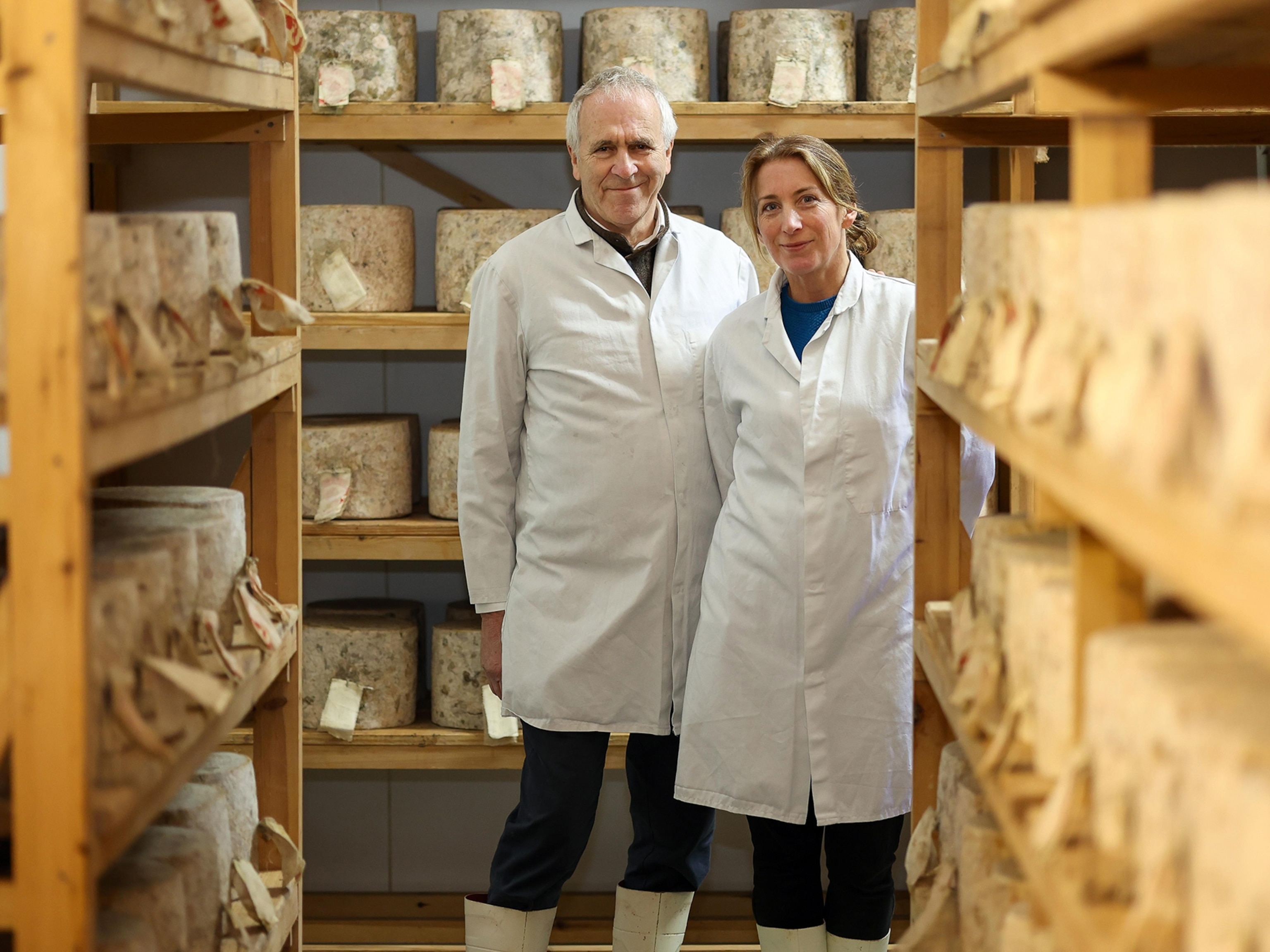
How the female coffee farmers of Uganda are building their livelihoods
In east Uganda, Mary Butsina has been surrounded by coffee her whole life, and now she supports her family by producing it.
In Bududa, a lush yet landslide-prone district of eastern Uganda, Mary Butsina and a growing number of other women farmers are building their livelihoods around coffee. “I’m supporting all of my 10 children with it,” says the 36-year-old, holding a red bucket, Mount Elgon looming behind her.
From farming stock, Mary first went to work with her father at the age of 10. Profits from his coffee crop paid her school fees. She married into coffee, too, with her husband giving her 100 trees as a wedding present. But Mary’s since planted more than 300 herself and joined a women’s cooperative. “The aim was to reduce the dependence of women on men in coffee,” she says. She’s one of around 100 women members, although husbands have been allowed to join too — as they tend to own the coffee plantations and support their wives in the business — which has brought the total membership to 200. And the collective has inspired others, too. “More women have started to plant their own coffee,” Mary says.
She rises early every day to pick the arabica coffee cherries. “It’s hard work but when you concentrate it can become easy,” says Mary. After gathering the ripe fruit, she puts it in a bucket of water to weed out the unhealthy cherries. If one has been damaged by an insect or disease, it floats and is removed before the good stuff is put through a hand-powered pulper, which separates the outer part of the fruit from the seed, or coffee ‘bean’. The beans are then fermented in water for at least two days before being laid out to dry on wooden-framed racks in direct sunlight.

Once dried, the beans are gathered up and later collected by Endiro Coffee, a social enterprise working with women-led, organic farms. The coffee is later milled, roasted and ground, ready for use.
In a good season, Mary says she can make 6,000,000 Ugandan shillings (around £1,300) — a decent income for this area. During the rest of the year, she works as a tailor.
It hasn’t been an easy journey for the Bududa farmers, who’ve faced annual landslides for the past 15 years. In 2018, Mary’s mother’s house was destroyed and she lost several family members, as well as some of her coffee plantations. She dreams of living in a solidly built house with water nearby, so she doesn’t have to trek a long way to fetch it, and her own vehicle — but these will take time to save for. “I’ve worked a lot and I don’t want to stop, but I want my money to work for me,” she says.
Endiro Coffee products, including coffee and sauce, can be bought at its cafes across Uganda, Kenya and the US, as well as online.
To subscribe to National Geographic Traveller (UK) magazine click here. (Available in select countries only).





